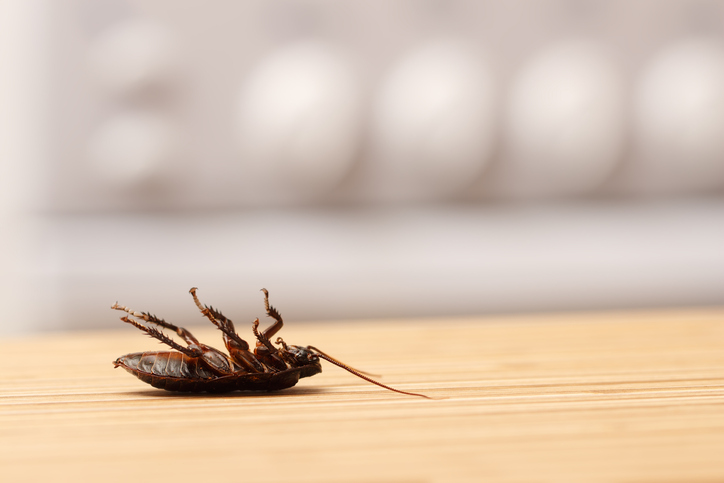Under attack from a hundred thousand venomous soldiers sounds like the stuff from nightmares. If fire ants have invaded your property this scene might hit closer to home than you think. Fire ants are small ants that range from dark reddish-brown to black. Fire ants in Tennessee are invasive, aggressive, and easily agitated. Large groups of soldier ants attack anything they see as a threat with painful stings. Mature colonies can contain over 200,000 ants and pose a threat to people as well as farm crops and even electronics.
DIY Downfalls
There are many do-it-yourself methods of combatting fire ants, but it seems each comes with disadvantages. The following individual mound techniques are dependent upon first finding each individual mound.
- Mound drenches – A large volume of liquid toxic to ants is poured over the mound. This can range from several gallons of hot water to insecticides mixed with several gallons of water. Unfortunately, this method is unlikely to reach the queen hidden deep in the nest, preventing colony elimination.
- Surface dust – These are similar to mound drenches. Dust or granular insecticide is applied over the top of the mound and then watered into the soil. Like drenches, there is a significant risk of not reaching the queen.
- Mound injections – Pressurized insecticides are injected into the mound. This method is more expensive but also more effective than drenches. More time is required for this treatment, and leakage of the insecticide can pose a hazard to the handler. Even with injections, the queen may not be affected and re-infestation is likely to occur.
- Baits – These can be used for both individual mound and broadcast applications. Small amounts of bait are sprinkled around the mound. Ants forage and bring the bait back to the colony. This technique is slower acting but more effective than drenching, dusting, or fumigating because workers feed the queen and brood.
- Mechanical – mechanical and electrical devices designed to combat fire ants are on the market, but their efficacy has not been documented.
- Home remedies – many homeowners will choose to pour boiling water or ignite flammable liquids over a mound. These techniques are not recommended as they pose significant risks to both humans and the environment.
Broadcast treatments where granular insecticides or baits are spread over a large area and carried back to the colony to be fed to nestmates and the queen are effective but are prone to the following issues.
- Bait may be dropped where ants do not find it.
- Some colonies are well enough fed from other sources that they do not feed on the bait.
- Some baits are light-sensitive and may be inactive before being discovered by ants.
- Baits are not specific to certain ants.
Fire Ant Prevention
To secure your home from fire ant invasions, it is important to seal any potential entry points. Place weather stripping around doors and windows and install door sweeps. Seal spaces around air conditioning units. You can also make the environment less hospitable to ants. Fire ants prefer high humidity, moist soil, and reduced exposure to the sun. You decrease favorable nesting conditions by reducing irrigation, mowing tall grass, and removing debris from the lawn. This won’t eliminate fire ant colonies but it may help to keep population densities lower.
Call In Reinforcements
If you are dealing with fire ants, the best way to get rid of the entire colony for good is with professional assistance from Proven Pest Management. Our customizable and flexible pest management services are designed to completely solve your problem.
Highly trained professionals are standing by to provide personable fire ant control services at an affordable price. Reach out to us to find out more about our free inspections and proven price match guarantee.










